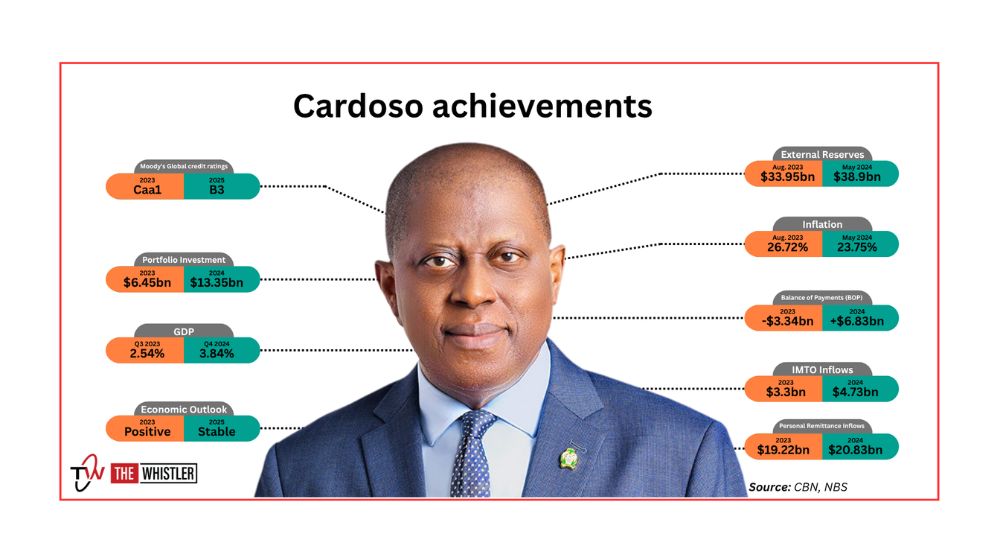Don’t Kill Petrochemical Industry With Plastic Ban, MAN Warns Lagos Govt

The Manufacturers Association of Nigeria (MAN) has cautioned the Lagos State Government against proceeding with its proposed ban on single-use plastics (SUPs), warning that the policy could significantly damage Nigeria’s petrochemical and manufacturing sectors, increase unemployment, and worsen poverty across the state.
The association described the planned ban—set to take effect from July 1, 2025—as hasty, data-deficient, and lacking in stakeholder engagement.
The Lagos State Ministry of the Environment had earlier announced the ban as part of its environmental strategy to combat plastic pollution.
However, MAN argued that the issue is not the existence of plastic products, but the failure of the waste management system.
“This is not a plastic problem, but a waste management failure. It is the failure of plastic waste management that leads to pollution, not the material itself,” said Segun Ajayi-Kadir, Director General of MAN.
Citing a study commissioned by the association, MAN revealed that 100 per cent of manufacturers surveyed expressed fears of job losses and workforce restructuring should the ban proceed.
Furthermore, 89 per cent of actors in the plastic value chain rely on SUPs as their primary source of income, while over 75 per cent of end users—mostly small and medium-sized enterprises (SMEs)—depend on plastic packaging with no affordable or scalable alternatives.
Equally alarming is the social impact. MAN said 93 per cent of dealers, many of whom are women, reported receiving no prior information or support mechanisms to cushion the policy’s fallout.
Recyclers also expressed fears of raw material shortages, warning that reduced access to plastic feedstock would render their already underutilized recycling plants idle.
“There is no form of arrangement for social protection for the employees who will lose their livelihoods as a result of this ban,” MAN stated.
The association also warned of broader economic disruptions. It noted that many manufacturers in Lagos serve markets across Nigeria and the continent, meaning the ban could significantly impact supply chains, compromise product integrity due to limited packaging alternatives, and lead to the loss of export revenues.
MAN criticized the policy’s lack of alignment with national frameworks.
It pointed out that the Federal Government has already developed a National Plastic Action Roadmap and a National Policy on Plastic Waste Management (NPPWM)—both of which promote circular economy models and were developed through extensive stakeholder consultations.
Instead of an outright ban, the association advocated for a systems-based, circular economy strategy focused on investment in recycling infrastructure, including waste collection, sorting, and processing.
It called on the Lagos State Government to work collaboratively with industry players, recyclers, traders, and consumers to improve plastic waste management, rather than duplicating existing efforts such as those by the Food and Beverage Recycling Alliance (FBRA).
MAN also drew attention to international best practices, noting that even in advanced economies, bans on plastics are not common. For instance, it cited Canada’s recent $1.8bn investment in Dow Chemical’s plastic-to-zero project as an example of innovation-driven waste reduction.
The association cautioned against blindly replicating foreign models without regard for local realities.
“Nigeria should not be destroying its petrochemical industry with bans on plastics but should instead close the loop by ensuring that all plastics are recycled,” MAN said.
The association urged Lagos State to suspend the implementation of the ban and instead initiate a transparent, evidence-based dialogue with stakeholders to build a sustainable and inclusive solution to plastic pollution.
ENDS
Don’t Kill Petrochemical Industry With Plastic Ban, MAN Warns Lagos Govt is first published on The Whistler Newspaper




